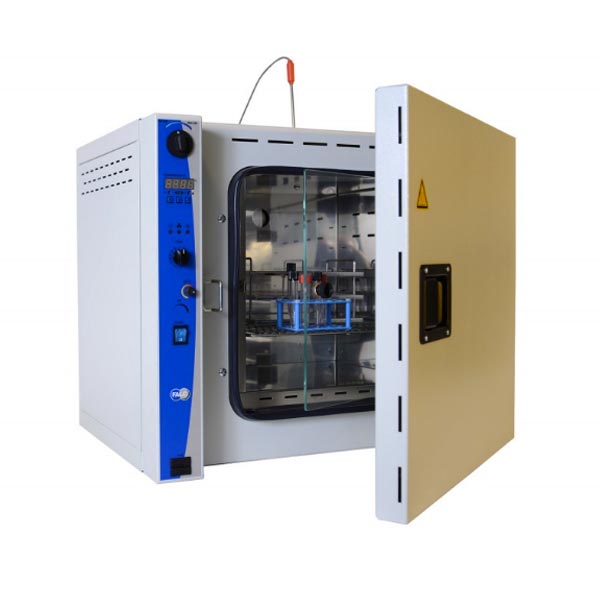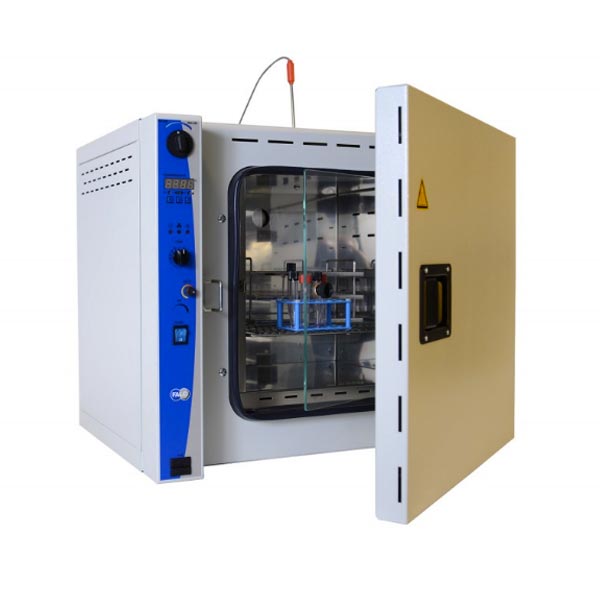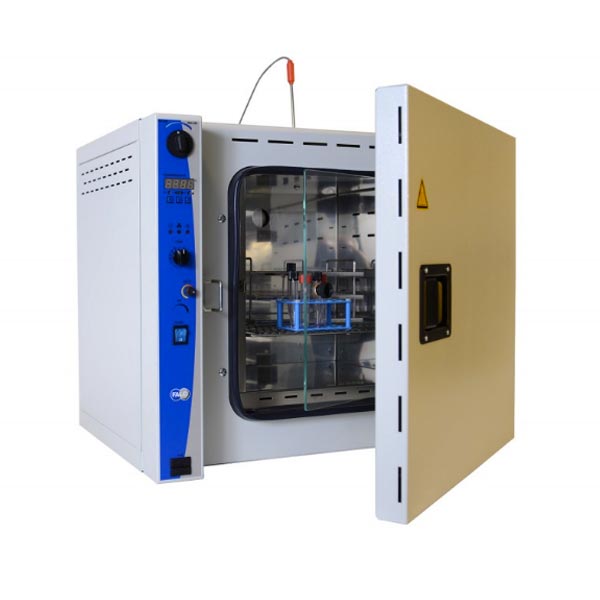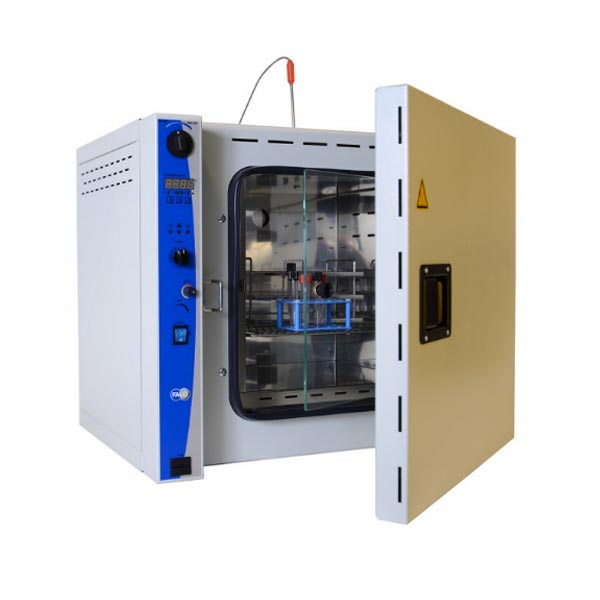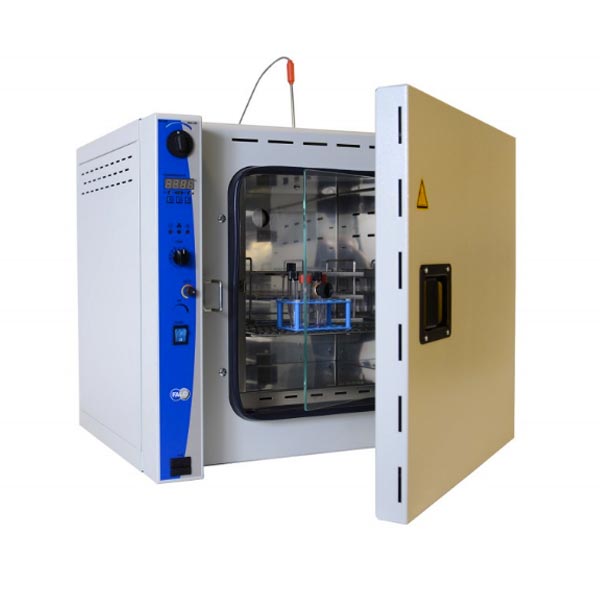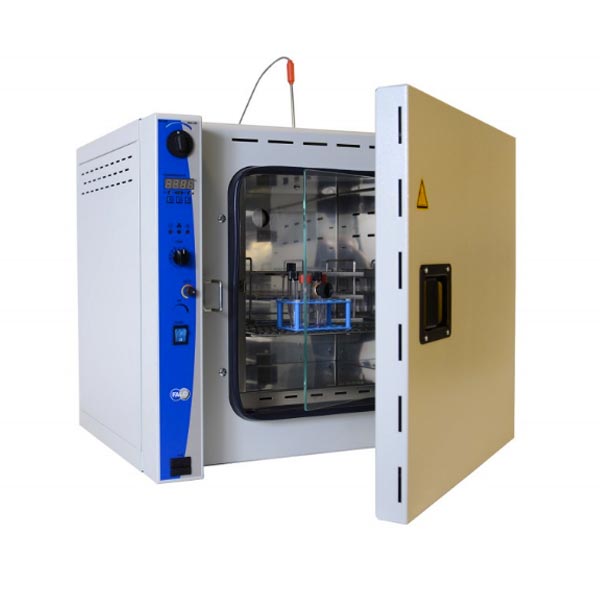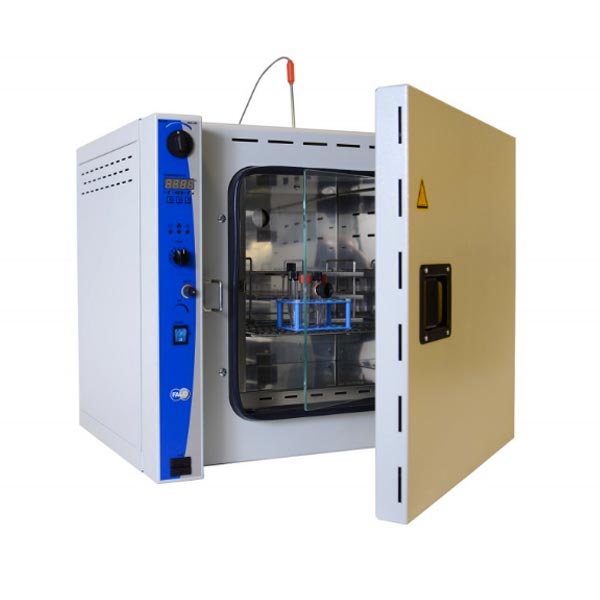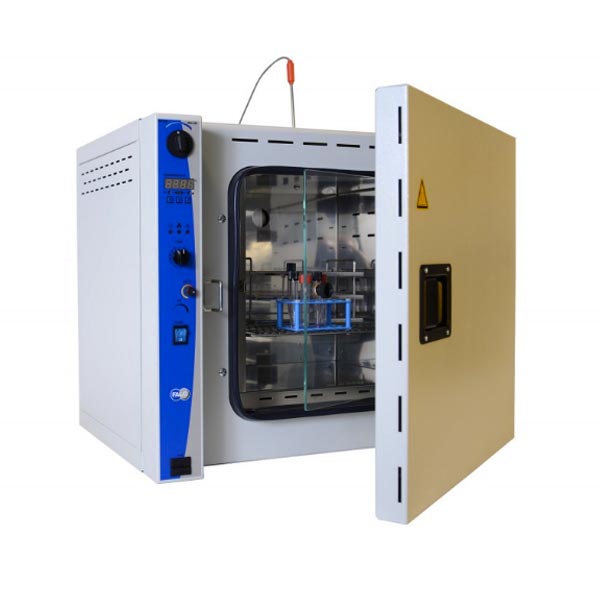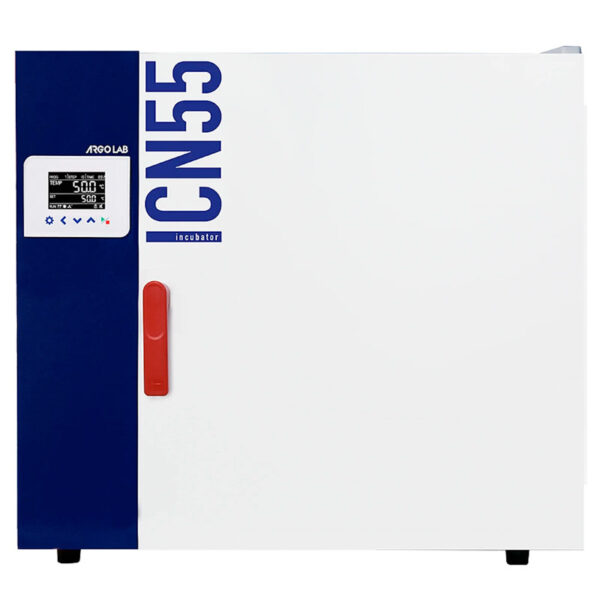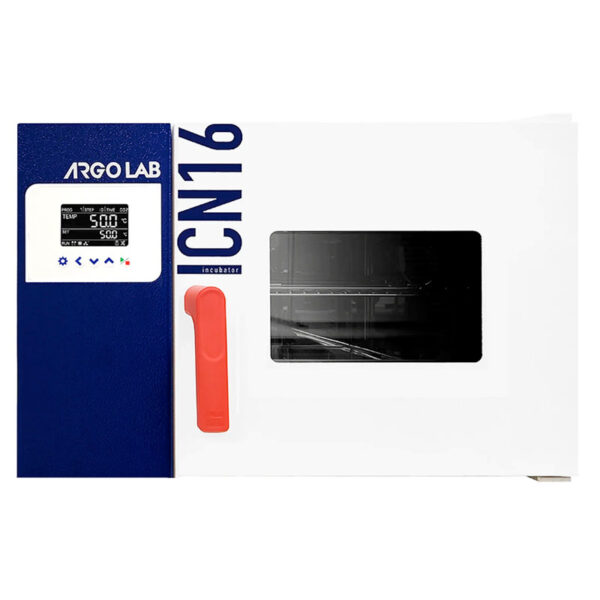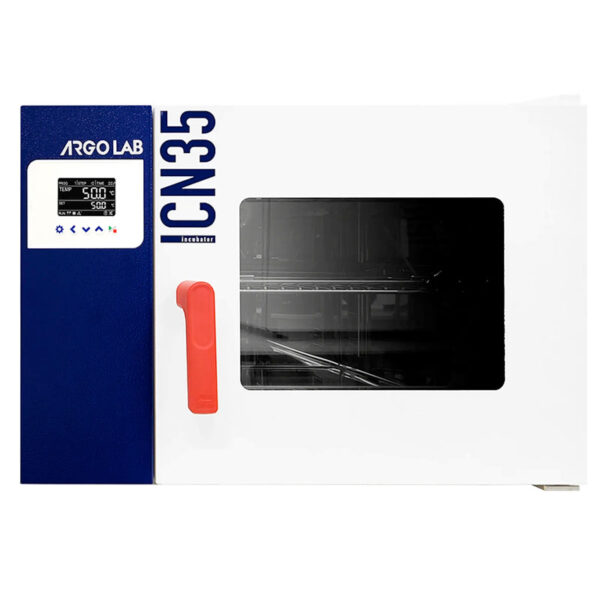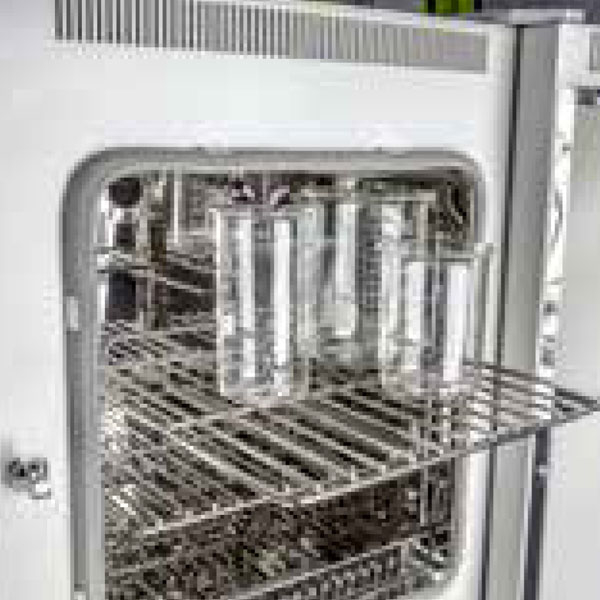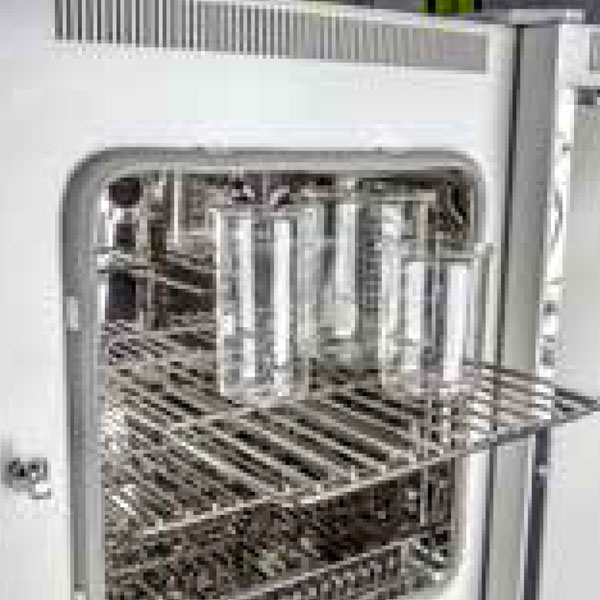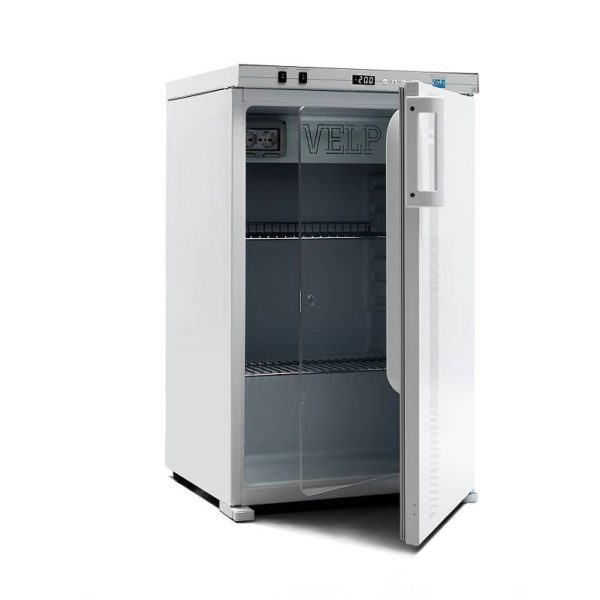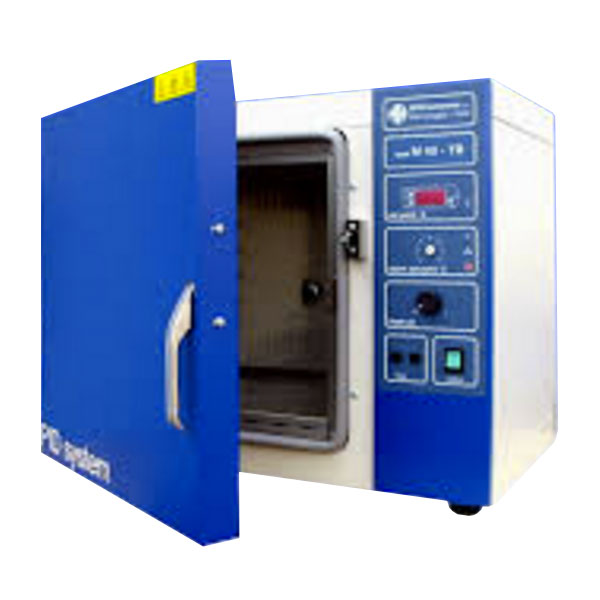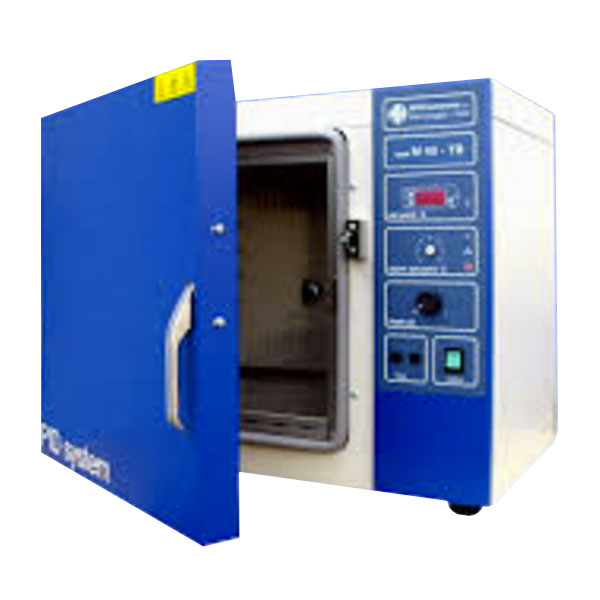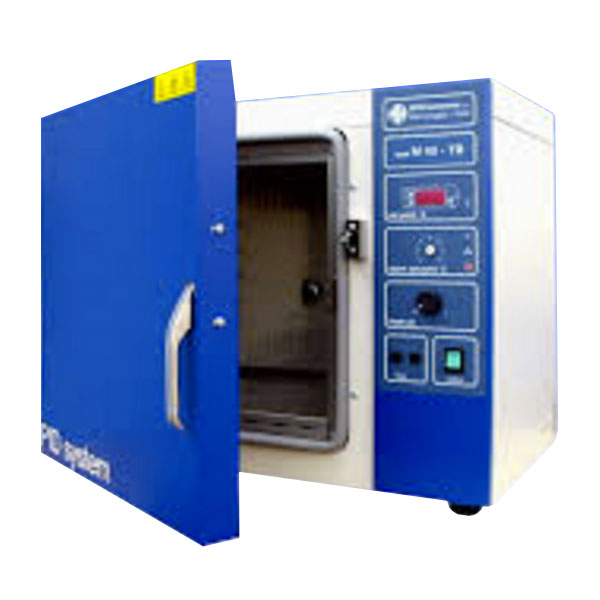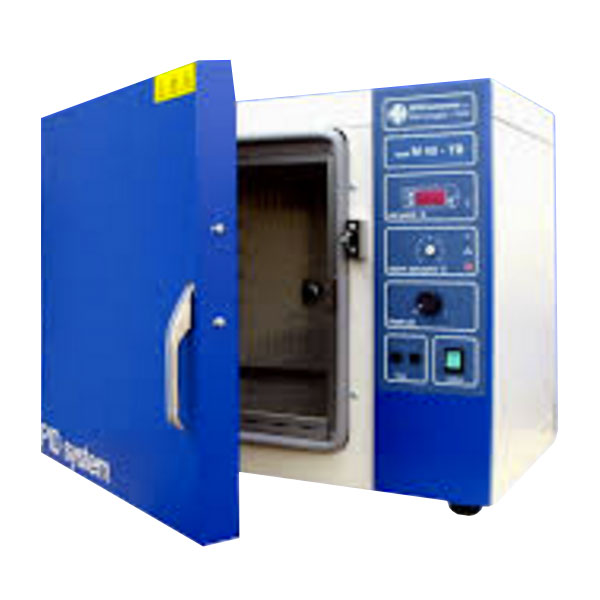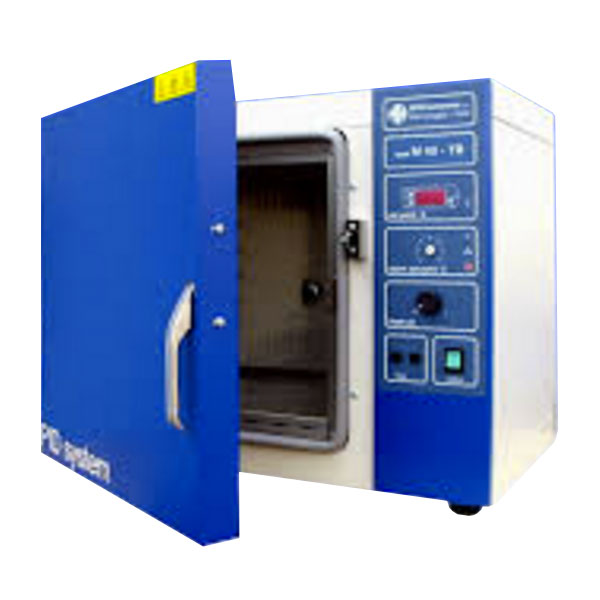Laboratory incubators are devices that provide controlled laboratory conditions for microbial cell cultures. They have applications in cytology, molecular biology, biomedical fields, microbiological genetic engineering, haematological studies and stem cell research. They provide thermostat-controlled temperature and controlled humidity for growing cell and tissue cultures.
Typologies and composition of laboratory incubators
There are several types of laboratory incubators ranging in size from shelf to unit, including the bacteriological incubator, biological oxygen (BOD) incubator, wet co2 incubator, cooling incubators and shaker incubators.
A laboratory incubator is a laboratory incubator with a temperature and humidity control system for growing cultures of cells and tissues.
An incubator consists of a transparent chamber composed largely of stainless steel or anodised aluminium sheets for regulating temperature, humidity and other environmental conditions, electric heaters and hot water jackets for even heat distribution around the cabinet, and thermostats for temperature-controlled maintenance.
Uses of laboratory incubators

BOD laboratory incubators are ideal for analysing biochemical oxygen demand and for storing medicinal vaccines and various chemicals under controlled humidity and low temperature conditions. They are used in various hospitals, research centres and nursing homes. Consisting of a double-walled cabinet with an inner chamber made of stainless steel.
.
They are used for incubating oxygen-saturated samples and also for incubating bacterial and fungal cultures. They have effective air circulation, stainless steel, microprocessor control, uninterrupted temperature control and chlorofluorocarbon (CFC) free cooling. They have a large number of applications. Examples include bacterial culture, life cycle testing, serum incubation, seed germination and vaccine preservation.
A microbiological incubator mainly focuses on the growth and storage of bacterial cultures under control temperature ranging from 5 to 7 degrees Celsius. They are used for living cultures at temperatures up to 70 degrees Celsius.
A bacteriological incubator is the closed cabinet that provides the optimal temperature for bacterial growth. These incubators can be set at different temperatures for different ranges and species of bacteria.
.
Shaking laboratory incubators are designed for incubation and proliferation of cell and tissue cultures. They handle small sample mixing, cell aeration, solubility studies and storage of biological and medical samples. They provide constant and controlled environmental conditions for biological growth. There are different types of incubator shakers. For example, the orbital shaker incubator, the laboratory shaker incubator and the table shaker incubator.
The orbital shaker incubator has a large number of applications in various industrial fields. Examples include the biotechnology industry, research institutes and the fields of genomics, proteomics and molecular biology. They are also known as environmental shakers that can be used for the long-term cultivation of mammalian cells.




